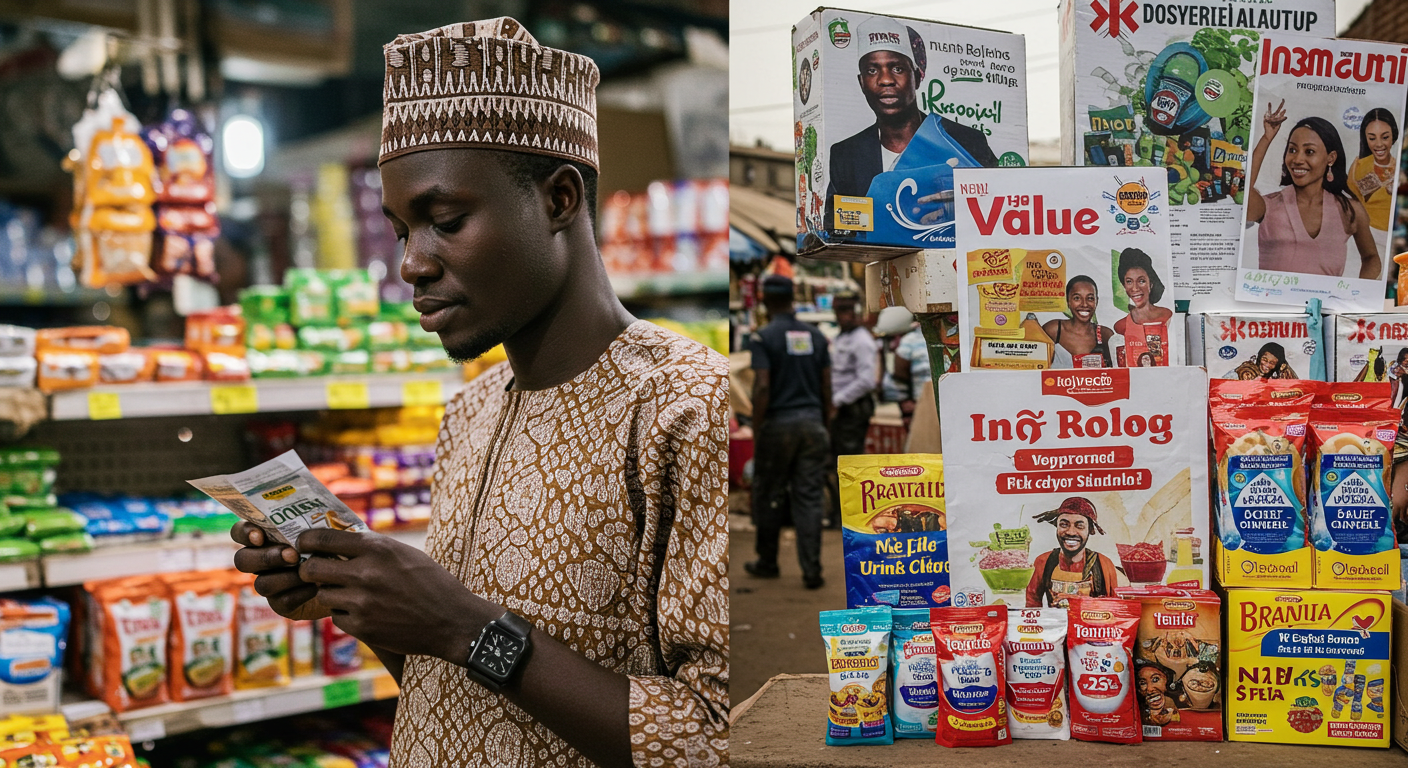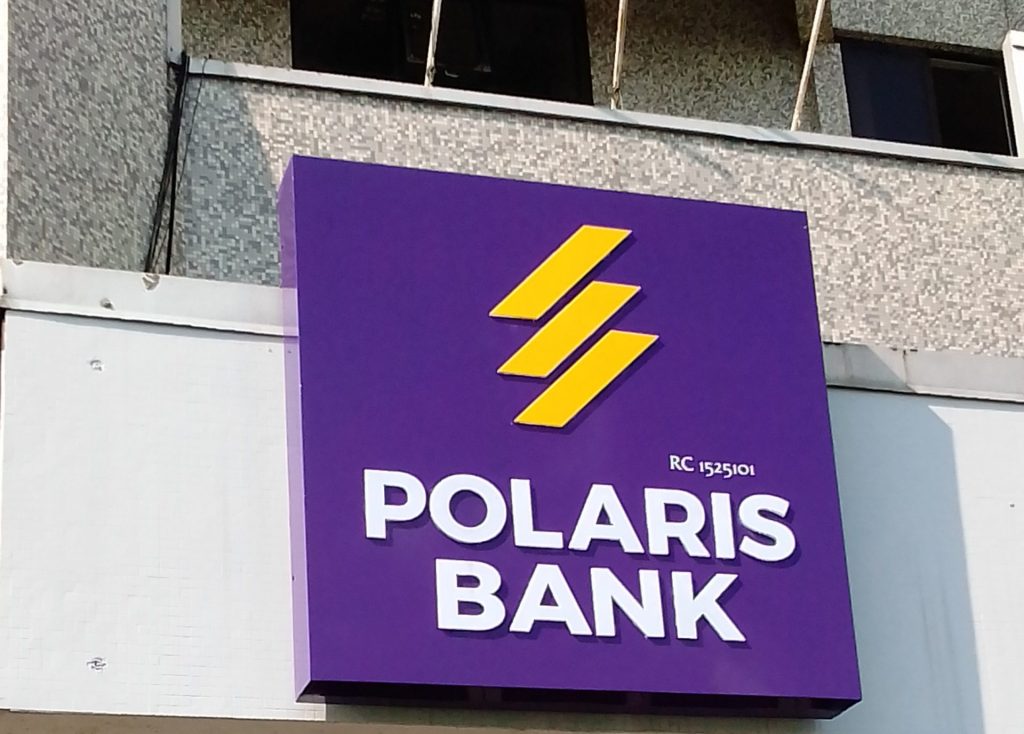In Nigeria’s lively and busy economy, where every naira matters and value is continuously assessed, a powerful force called price sensitivity is transforming the environment for both companies and customers. This isn’t just about looking for bargains; it’s a deeply rooted cultural and economic reality that influences purchase decisions and forces marketers to reconsider their every action. In a country filled with entrepreneurial drive and a sharp eye for a good bargain, knowing and managing this price-conscious climate is no longer optional; it is the foundation of success.
The Smart Shopper: Decoding the Price-Sensitive Nigerian Consumer
The ordinary Nigerian consumer is a skilled negotiator, a thorough value analyst, and in many cases, a community-driven shopper who shares knowledge about the best offers. Years of managing economic changes have sharpened a keen understanding of what makes a reasonable price. This is more than just seeking the lowest alternative; it’s about getting the most out of every naira spent. From lively outdoor markets to air-conditioned stores, “how much?” is frequently the first and most important concern. This entrenched price sensitivity is influenced by factors such as discretionary income, household size, and cultural bargaining practices. The rise. The rise of internet platforms and price comparison tools has only fueled this trend, providing customers with more information than ever before.
The Marketer’s Tightrope Walk: Balancing Value and Profitability
For brands operating in Nigeria, this high price sensitivity creates a particular challenge. How can you retain profitability while catering to a price-conscious customer base? The conventional strategy of just pushing expensive items often fails. Instead, marketers are compelled to be highly creative and strategic. This has resulted in a remarkable set of adjustments and innovations in the Nigerian marketing scene.
Strategic in Action: How Brands are Adapting
The Power of Sachetization: The ubiquity of sachet marketing demonstrates a clear awareness of price sensitivity. From detergents and milk to dinks and personal care items, smaller, more inexpensive single-use servings enable marketers to access a larger consumer base with less purchasing power. This not only lowers the initial pricing barrier but enables consumers to try out new items without making a large financial commitment.
Value packages & Promotions: Nigerian customers are very susceptible to promotions, discounts, and value packages. Brands commonly use “buy one, get one free” promotions, reduced combination packages, and loyalty programs to encourage purchases and give the impression that customers are receiving more for their money. These aren’t just one-time sales; they’re generally part of a larger marketing campaign.
The Rise of Affordable Local Alternatives: Nigerian customers’ price sensitivity has fueled the creation of strong local companies that offer high-quality items at lower rates than foreign competitors. These businesses frequently understand the local context and customize their services and prices appropriately, appealing powerfully to the value-conscious majority.
Tiered Product Offerings: Some firms are taking a tiered strategy, offering several versions of their products at different price points to reach a wider range of customers. This might include stripped-down versions with fewer features or altered packaging to make them more accessible.
Emphasizing Durability and Long-Term Worth: In a price-sensitive market, the perception of long-term worth might occasionally surpass the initial cost. Brands that can effectively communicate durability, dependability, and extended lifespan of their products can justify a somewhat higher price point by appealing to consumers’ desire to avoid frequent replacements.
Strategic Use of Digital Marketing and Influencers: Digital platforms provide low-cost options to reach customers with tailored promotions and value-based marketing. Influencers, particularly micro and nano-influencers, may play an important role in establishing trust and demonstrating the value proposition of products to their target audiences.
Read also: The lemon-lime overtake: when Sprite’s spark challenged the cola-crown
The Consumer’s Smart Choices: Beyond Just the Price Tag
While price is a major consideration, Nigerian customers are not just motivated by the lowest cost. They are becoming more selective, considering variables such as quality, brand reputation (particularly local trust), and perceived value for money. A low-cost product that does not meet or match their demands is ultimately a bad investment. This sophisticated concept of value keeps marketers on their toes.
The Future Landscape: Navigating a Permanently Price-Aware Market
Price sensitivity is anticipated to remain a distinguishing feature of the Nigerian consumer market for the foreseeable future. Brands that fully grasp this relationship, adjust their marketing methods with innovation and sensitivity, and constantly give actual value will succeed. This necessitates a thorough awareness of local economic realities, cultural subtleties, and a willingness to go beyond the lowest price. The naira’s tight grasp is not a limitation; rather, it serves as a spur for creative marketing and demonstrates the tenacity and wisdom of Nigerian consumers.







Comment
No comments found.